Scientific Journal: ‘Testimony: Between History and Memory’
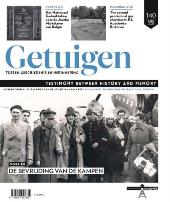
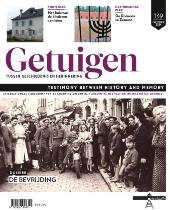
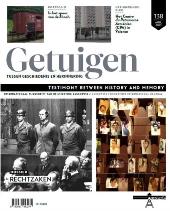 The Auschwitz Foundation and Remembrance of Auschwitz publish their journal (which has existed for 25 years) twice a year. It thus disseminates current multidisciplinary research on the Nazi camps and the genocide of the Jews and Roma. It has been able to open the door to the most current debates on issues of memory and history.
The Auschwitz Foundation and Remembrance of Auschwitz publish their journal (which has existed for 25 years) twice a year. It thus disseminates current multidisciplinary research on the Nazi camps and the genocide of the Jews and Roma. It has been able to open the door to the most current debates on issues of memory and history.
In view of the growing interest in memorial issues, at the crossroads of many disciplines, from history to literature and the arts, from sociology to political science, and in view of the equally growing demand from the public, when issue No. 100 was due for publication, we decided to revamp our journal. The aim is to make up for the absence of a publication that deals with both questions of memory and questions of history without pitting one against the other.
Without abandoning their original mission, and with the experience and knowledge they have acquired, the Auschwitz Foundation and Remembrance of Auschwitz are now taking on the task of opening up their field of research to the problems of mass violence in the long historical term.
Avoiding any anachronism, they propose to critically revisit both the past and the present of our modernity and of a century during which wars, large-scale political violence and massacres – from genocides to ethnic cleansing – in which the responsibility of States was directly or indirectly involved.
Through Testimony: Between History and Memory, their aim is to boost the movement of a critical re-reading of these issues from both a historiographical and memorial point of view. They offer a new insight into our contemporary history.
The new format of our journal Testimony: Between History and Memory was introduced with issue 117. Half is taken up by an academic section (thematic dossier and varia) and half by a cultural section dealing with current cultural issues of memory and testimony. It consists of a logbook, sections, and a portfolio.
Just published: no. 140 (April 2025): The Liberation of the Camps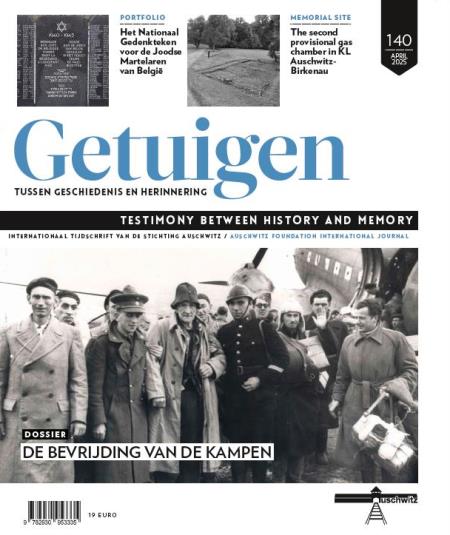
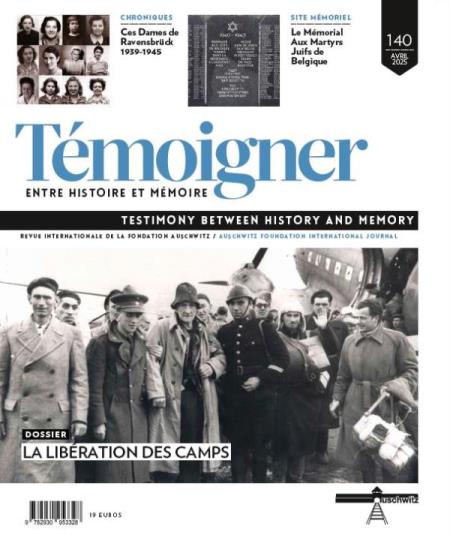
In the previous issue of October 2024, we looked at the Liberation in different parts of Belgium. Still in the context of the 80th anniversary of these events, we continue this reflection by focusing on the Liberation from the victims' point of view.
Table of contents (Dutch version)
Table of contents (French version)
Previously published: no. 139 (October 2024): The Liberation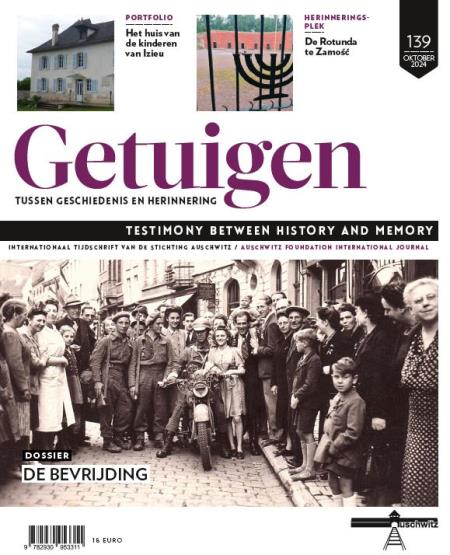
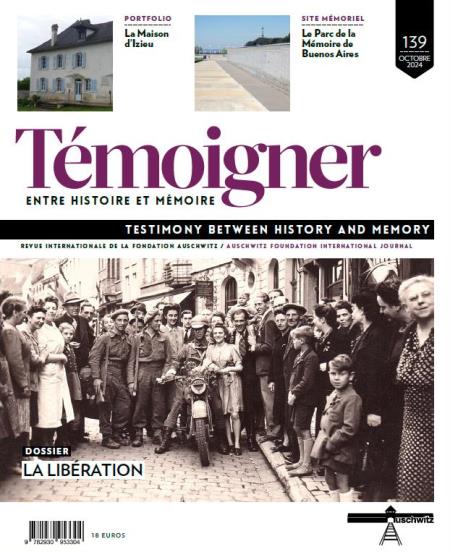
Entire theme issue: Country's liberation (pdf)
- Presentation: 80 years since the liberation. A Belgian perspective on the liberation for Holocaust survivors (pdf) (Veerle Vanden Daelen and Frédéric Crahay)
- The “liberation” of the Dossin Barracks (pdf) (Laurence Schram)
From August 1942 to September 1944, 25,490 Jews and 353 Roma and Sinti were deported from the Dossin Barracks in Mechelen. In this article, Dr. Laurence Schram – an authority on the subject – examines the 'liberation' of the camp: from the landing on the beaches of Normandy and the hope that the 25th transport would be the last; to the occupation of the buildings by SS officers on August 30, 1944; to the departure of German troops on September 2-3 and the liberation days that followed. Schram draws attention to the few witnesses who mention the liberation of the barracks; those who were questioned about it could remember few details. It would take many years before the exact role of the Dossin Barracks would become part of collective memory.
- ‘There in that place of evil memory’. Early Anglo-Canadian responses to the ‘discovery’ of Auffanglager Breendonk (pdf) (Richard Menkis)
Based on evidence from the Anglo-Canadian media, Richard Menkis (professor at the University of British Columbia, Canada) argues that the discovery of Auffanglager Breendonk in the fall of 1944 triggered important reactions. The historiography of the Liberation must map a wide range of historical sites to demonstrate how the Western media approached atrocities with suspicion, and how they encouraged reflections on the causes of the war and the challenges for the post-war world.
- Jewish Allies and Survivors in Liberated Antwerp, 1944-1945 (pdf) (Veerle Vanden Daelen)
In early September 1944, Antwerp was liberated by British troops. Jewish survivors emerged from their hiding places. They searched for family members and shared what they had experienced during the war. Moreover, they made contact with Jews who were part of the allied forces and who supported them materially and morally as much as possible. Using testimonies found in the archives, historian Veerle Vanden Daelen outlines the interactions between the numerous Jewish subgroups (local and foreign, orthodox and Zionist) during and after the liberation of Antwerp.
- A city so fiery... The Jews of Liège at the Liberation (pdf) (Thierry Rozenblum)
During the Second World War, 733 Jews from the Liège region were deported. In “A city so fiery...”, Thierry Rozenblum (nonprofit Mémoire de Dannes-Camiers) describes the liberation of the city, the repression, the food shortages, and the unsafe situation of a city that remained close to the front for a considerable time. He focuses on the rigid administration that survivors encountered, the seized and looted homes, the heated debates about Jewish leadership, and the difficult reintegration of returnees. Above all, he exposes the tensions that almost inevitably surfaced in the Jewish community of Liège after the war.
Table of contents (Dutch version)
Table of contents (French version)
Contacts:
Auschwitz Foundation and Remembrance of Auschwitz
Phone: +32 (0)2 512 79 98
Publication Director: Henri Goldberg
Editor-in-Chief: Frédéric Crahay
Editorial Secretaries: Fabian Van Samang (journal in Dutch and English) and Nathalie Peeters (journal in French and English)
Editorial Board:
Daniel Acke, Pascale Fabre, Agnès Graceffa, Johan Puttemans, Maarten Van Alstein, Yannik van Praag and Guy Zelis.
Scientific Committee:
Tomas Baum (Belgium), Marnix Beyen (Belgium), Christophe Busch (Belgium), Sonia Combe (France), Bernard Dan (Belgium), Emmanuelle Danblon (Belgium), Wim De Vos (Belgium), Fransiska Louwagie (Belgium), Carlo Saletti (Italy), Frediano Sessi (Italy).